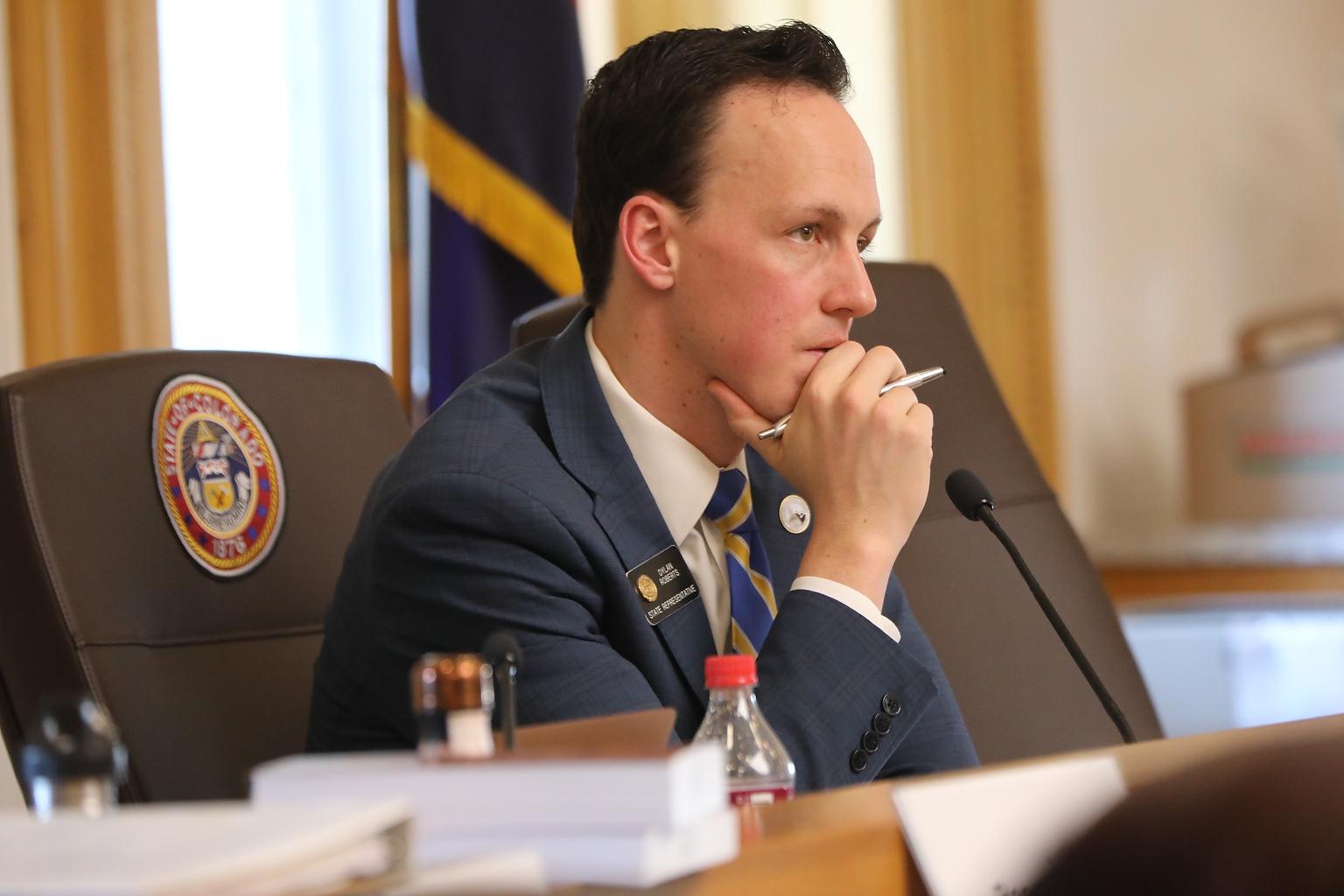
A proposal to allow local rent control laws in Colorado has failed.
Since 1981, the state has banned local governments from setting limits on how much landlords can increase their rents. A bill in the state legislature would have undone that prohibition, allowing cities to enact rent control or rent stabilization policies.
Sen. Dylan Roberts, an Eagle County Democrat, joined three Republicans to vote down the measure at a committee hearing on Tuesday.
“This one’s really hard for me. I fully agree and see everyday that housing is at a crisis,” Roberts said. But, he went on, “I’ve become convinced that rent control, even in a local manner like this, could — and probably would — stifle development.”
The rent-control measure would not have directly created any limits on rent prices. But it would have allowed city governments to pass their own rent regulations. Cities still would have had to allow rents to rise faster than inflation.
The hearing once again summarized the decades-long American fight over rent control. Landlords large and small testified that limits on their revenue would force them to cut back on maintenance or to stop renting out homes.
Roberts argued that capping rent increases would encourage landlords to flip their units to short-term rentals, though cities can also regulate those services. And he said that if one city enacts rent control, it could affect others nearby.
This is the second time that Roberts has made a mark on housing legislation in recent weeks. He recently won an amendment to the session’s major land-use bill that removed mandatory upzonings for ski towns.
Supporters of the rent control bill described it as a way to stop price gouging in a tight market. The committee heard from people who have had to move dozens of times, priced out of one unit after another, and who fear that one more rent hike could put them on the streets.
Rent controls have led to unintended consequences in cities like San Francisco, where research shows it may have accelerated gentrification by encouraging landlords to redevelop their properties in order to avoid caps. But studies of more lax rent control laws in New Jersey found far fewer negative consequences.
The debate also contained both parallels and contrasts with the ongoing fight over Gov. Jared Polis’ land-use bill. The political divisions were the same, but the talking points were mirror images.
The opposition to the land use bill, including Republicans and some moderate Democrats, argue that cities should have the right to determine their own housing policies. But some of the same group fought against letting cities make their own decisions about rent control.
“We’re seeing, on a whole host of policies, this altar of ‘local control’ be held up. This is following that request. Give local municipalities the tool,” said Sen. Julie Gonzales, a supporter of both the rent control bill and the land-use bill.
Democratic senators Tony Exum and Sonya Haquez Lewis also voted in favor of the measure. “I don’t believe in the fear mongering that went on today and over the years,” Exum said.
This is the second time in recent years that lawmakers have considered allowing widespread rent control. A 2019 bill failed to get out of its first chamber. This year’s effort went further — first clearing the House, where Democrats hold a wide margin, before failing in the closely-divided Senate committee.
The bill’s sponsors were Democratic Sen. Robert Rodriguez, Rep. Elizabeth Velasco and Rep. Javier Mabrey, who promised in a tweet: “We will be back and we will win.”
Even if it had passed the legislature, the rent control bill’s future was uncertain. Gov. Jared Polis has signaled his opposition to rent regulation, with his office repeatedly saying he was skeptical of its benefits.









